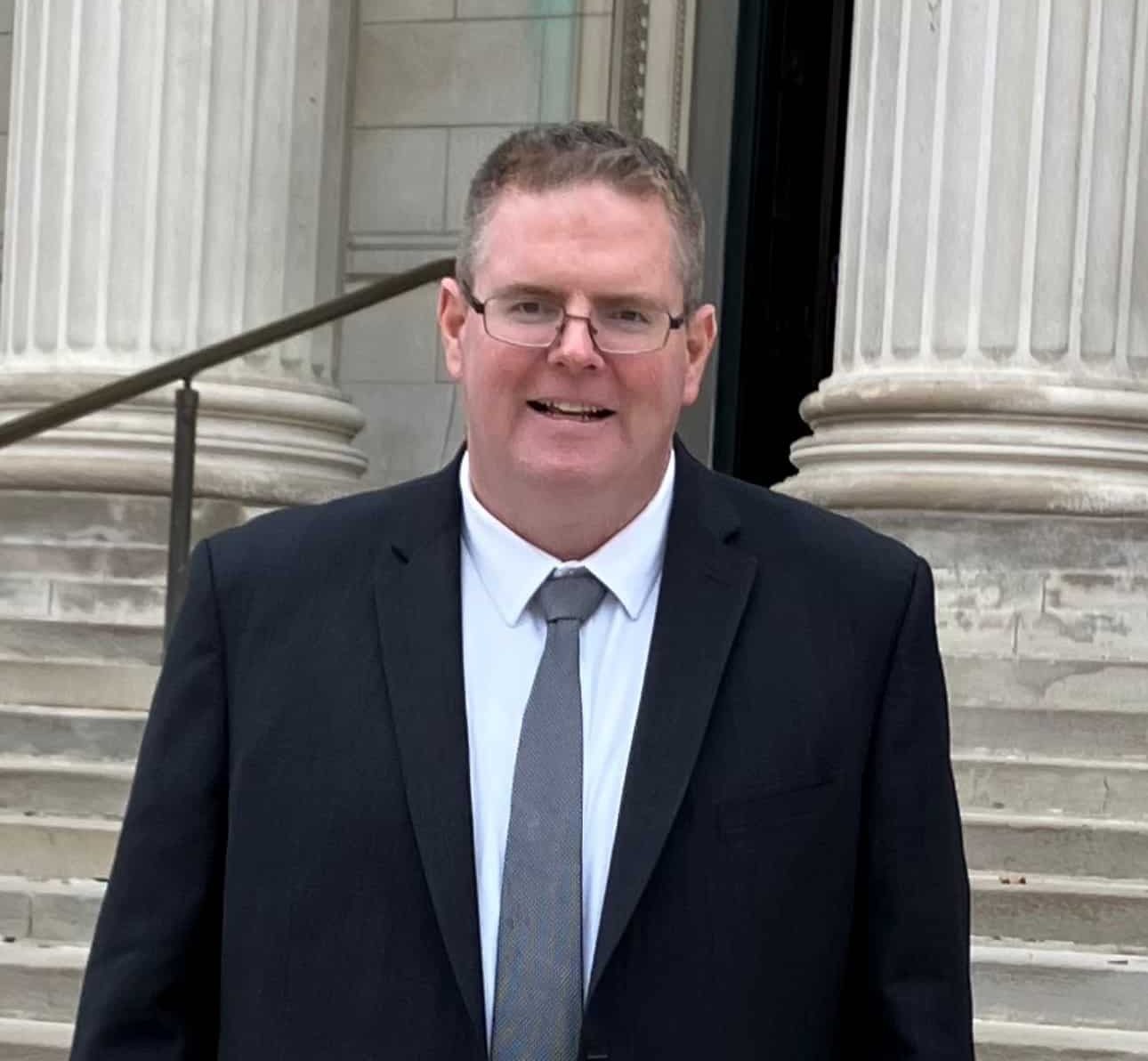Springfield City Councilor Sean Curran has introduced an ordinance to ban the sale of kratom.
Reminder Publishing file photo
SPRINGFIELD — Springfield City Councilor Sean Curran has introduced an ordinance to ban the sale of kratom, a drug derived from the leaf of the Mitragyna speciosa evergreen plant, and its synthetic counterpart, 7-OH.
Currently, the product, which mimics the effects of opioids, is unregulated and can be purchased at gas stations and convenience stores.
According to the federal Drug Enforcement Administration, “At low doses, kratom produces stimulant effects with users reporting increased alertness, physical energy and talkativeness. At high doses, users experience sedative effects.” Though not regulated by the Controlled Substances Act. The DEA states that kratom is known to be addictive and, “Several cases of psychosis resulting from use of kratom have been reported, where individuals addicted to kratom exhibited psychotic symptoms, including hallucinations, delusion and confusion.”
At the Nov. 17 Springfield City Council meeting, Curran said the Health and Human Services subcommittee had been briefed on the “dangerous” effects of 7-OH, which has earned the nickname “gas station heroin.”
Several states, including Rhode Island, Vermont, Alabama, Arkansas, Indiana and Wisconsin have banned the substance. Despite this, the American Kratom Association, an access advocacy group, estimated the U.S. market for the product is worth $1.5 billion in 2023, and is sold under brand names such as 7 O’Heaven, Roxy, Dozo Perks and Zohm.
Under the proposed ordinance, businesses found to be selling kratom or 7-OH would be fined $100 for the first offense, with increasing fines for subsequent offences and revocation of licenses and permits from the Department of Health or Human Services.
Councilors Kateri Walsh and Lavar Click-Bruce thanked Curran for bringing the issue to the council’s attention. “It is issues like these that some people just don’t know about,” said Councilor Tracye Whitfield.
Councilor Maria Perez said that the council has received letters urging it not to ban the products, but said its addictive properties are the problem. Councilor Brian Santaniello lamented the lives lost to drug overdoses each week in Springfield.
The ordinance was continued to the council’s Dec. 1 meeting.
Other ordinances and regulations were also proposed at the City Council meeting. DPW Director Christopher Cignoli presented an amendment to the city code that would regulate food trucks. The document limits hours of operation and locations, whether on private property or in the public way. Cignoli said trucks would be prohibited from operating within 500 feet of a permanent food establishment to protect restaurants. If on private property, the property owner would be required to sign the application. Cignoli said food trucks sometimes receive approval from tenants who do not have the legal authority to allow such activity.
The regulations would also set a fee schedule. Trucks operating on city streets would be required to apply for a permit from the Department of Public Works at a cost of $225 per quarter, while on private property, a six-month permit would cost $450. Renewals would be available for either, at a cost of $150. Food trucks are already required to obtain permits from the health inspector.
The most common complaints received by his department involve trash and noise.
Santaniello asked if there was a cap on the number of food trucks that can operate in the city. Cignoli said there is no cap, and that there are between 80 and 90 food trucks running in Springfield. When asked if restaurants owners have weighed in on the regulations, Cignoli said no. When food trucks first became popular, restaurant owners complained that food truck operators did not have to pay property taxes, he said.
“We do need to regulate this,” Councilor Victor Davila said, but asked that the council have time to examine the language. Councilor Jose Delgado agreed. The item was referred to the General Government Committee.


